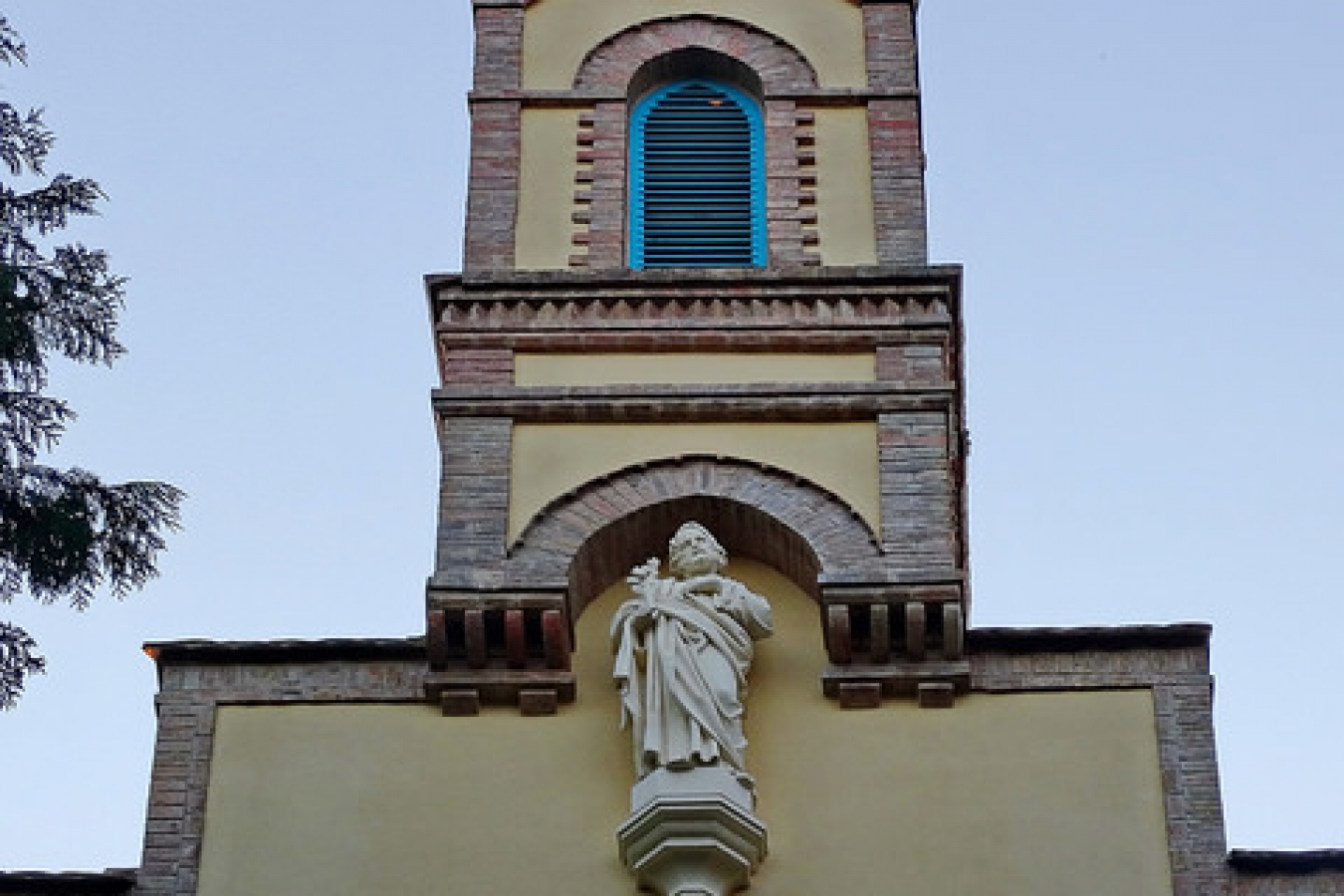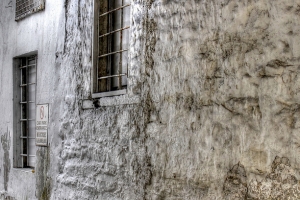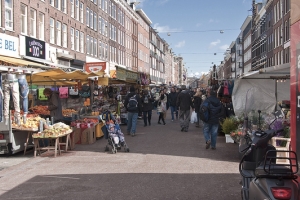Support migrant centric journalism today and donate

 • Media Center » Video Immigration News
• Media Center » Video Immigration News
The Economic and Social Council of Croatia (GSV), comprised of representatives from government and various trade unions, is supporting a proposal to increase the number of work permits issued in the southern Central European nation in 2008. The increase is expected to raise the quota from 8,397 to 10,242 work permits.
GSV president Ivica Mudrinic said that the work permits in question are mainly for lower skilled foreign workers, such as bartenders, carpenters, masons, and farm hands. He also announced that 2009 work permit quotas would increase significantly in some sectors.
Trade unions are against an increase in work permits. They believe that Croatia's lack of labour in some sectors is related to low salaries and unpaid overtime, among other reasons.
Another possible reason for Croatia's labor shortages is the lack of manpower. The Croatian population has been declining over the last 10 years; a large chunk of its population fled abroad during the war for independence in the early 1990s.
Croatia's Deputy Prime Minister Jadranka Kosor highlighted the shortage some employers are facing. Kosor said that she knew of an employer looking for a shephard who was offering a monthly salary of 4,500 kuna (approximately USD $900) with free room and board. The employer has been unable to find anyone to fill the job.
It will be important for Croatia to solve its skills shortages in the future. Croatia has the most advanced market economy of South-Eastern Europe and GDP has been rising at a faster rate in recent years. Croatia is also currently a candidate for membership in the European Union.
Foreign workers may be a necessary addition to Croatia's workforce, a solution that may become more common for all European nations as their various populations start to age.





















